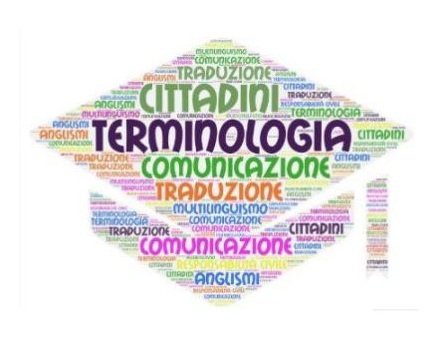La lingua tedesca della neurologia. Alcune considerazioni basate su corpus
Keywords:
lingue speciali, microlingue, lingua medica, termini derivati, termini composti, sintassi, LSP, micro-languages, medical language, derivatives, compounds, syntaxAbstract
In recent decades there has been an increasing development of scientific studies dedicated to LSP whose focus, initially concentrated on the lexicon, has then gradually extended to the morphology and syntax of special languages, and then to the textual and pragmatic organization of the scientific discourse (ROSS 2004: 107). The present paper aims at presenting an analysis focused on some essential features of the German language of neurology. The analysis is based on a written language corpus consisting of 90 guidelines adopted in Germany by the Deutsche Gesellschaft für Neurologie for a total of 915,877 words. The corpus was first analysed on a quantitative level, through the Sketch Engine software, and in a second moment on a qualitative level. The first analysis highlighted, on the one hand, a massive presence of nouns compared to verbs, adjectives and adverbs, on the other hand, the extensive use of passive and impersonal forms at a verbal level. The second level of analysis has developed from a qualitative point of view following the two lines that emerged from the previous analysis: the attention was first focused on the processes of formation of the words in the corpus, highlighting their classical origin, and then on the frequent use of passive verbal forms and impersonal forms introduced by the pronouns es and man typical of the German medical language.


